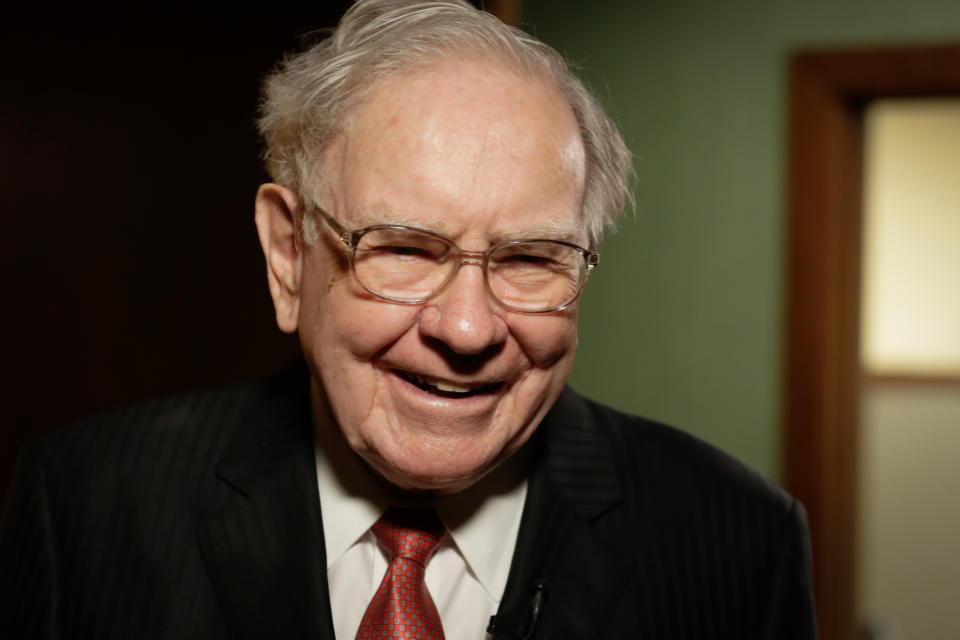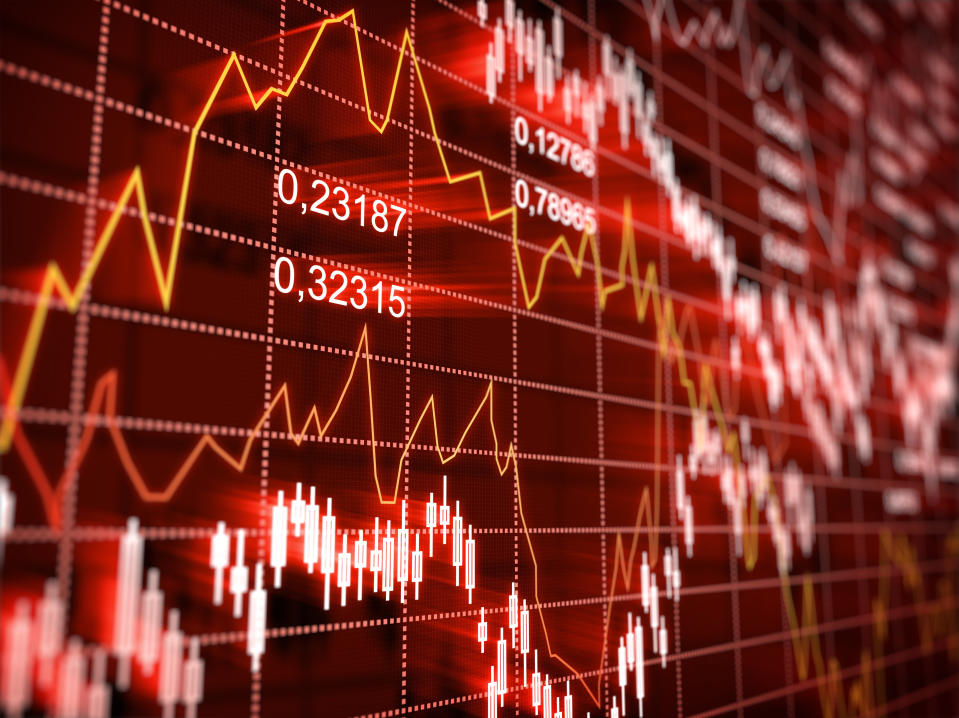Why Warren Buffett’s 2008 message to American investors was timed perfectly: Morning Brief
Monday, March 9, 2020
Get the Morning Brief sent directly to your inbox every Monday to Friday by 6:30 a.m. ET. Subscribe
It’s a mistake for investors to obsess over the market’s next move
On October 16, 2008 during the darkest hours of the global financial crisis, billionaire investor Warren Buffett published an op-ed for the New York Times titled, “Buy American. I Am.”
This was a month after the housing market crash and the credit crunch resulted in the Lehman Brothers bankruptcy. The S&P 500 (^GSPC) had plummeted 23% since that event.
Now, this wasn’t a letter to Berkshire Hathaway (BRK-A, BRK-B) shareholders and it wasn’t an appearance before a business channel’s business audience. It was a message to America, reminding Americans that the country has had a long history of what seemed to be insurmountable crises but yet managed to come back. Economic activity has always returned and the stock market has always rebounded.
However, it’s important to remember that the stock market was far from bottoming. In fact, the S&P 500 tumbled for another five months, losing another 26% before the next bull market finally started in early March 2009.
The fact that stocks would tumble in the short-run is what made the timing of Buffett’s op-ed so perfect.
Think about it.
If he had published in March 2009, then his message about the U.S. economy and markets would’ve been overshadowed by his apparent ability to time the market. On Wall St., he’d be remembered as a great trader. On Main St., average Joes might actually find themselves discouraged as it once again appeared to be the case that elites have an advantage when playing the stock market.
Ultimately, his message was that the long-term outlook for the U.S. economy was still intact and the crisis made stocks cheaper.
Sure, stocks ended up getting a whole lot cheaper. But anyone who bought the S&P 500 (SPY) when he published that op-ed would be up 227% through last Friday.
With regard to what could happen next in the markets, Oaktree Capital’s Howard Marks discussed how investors should think of selloffs in a recent memo titled “Nobody Knows II.”
“Will stocks decline in the coming days, weeks and months? This is the wrong question to ask... primarily because it is entirely unanswerable,” he said. “Instead, intelligent investing has to be based — as always — on the relationship between price and value.”

Buffett would concur.
"Anything can happen to stock prices tomorrow. Occasionally, there will be major drops in the market, perhaps of 50% magnitude or even greater,” Buffett said last month. However, he also reiterated his long-term bullishness on stocks and said, “Most people are savers, they should want the market to go down. They should want to buy at a lower price.”
And so, such is the nature of financial markets, which in the short-term swings amid uncertainty, while also rewarding long-term investors who are able to stomach the volatility. That is, assuming the long-term outlook for things remains intact.
“So, especially after we’ve learned more about the coronavirus and developed a vaccine, it seems to me that it is unlikely to fundamentally and permanently change life as we know it, make the world of the future unrecognizable, and decimate business or make valuing it impossible,” Marks said.
By Sam Ro, managing editor. Follow him at @SamRo
What to watch today
No major economic or earnings data
Top News

European market crashes 8.5% as oil plummets and billions wiped off stocks [Yahoo Finance UK]
Oil dives 30% as Saudi Arabia starts price war [Yahoo Finance UK]
US Treasury yields plunge to new record lows on coronavirus panic [Reuters]
Trump’s aides drafting economic measures to combat virus fallout [Bloomberg]
Walmart plans to bolster private fleet with push to hire 500 new truck drivers [Yahoo Finance]
YAHOO FINANCE HIGHLIGHTS
'Talk ourselves into a recession': Bank in coronavirus hotspot has doubts over Fed rate cut
Goldman Sachs warns $20 oil is possible
Six things investors should remember amid extreme stock market volatility: El-Erian
—
Follow Yahoo Finance on Twitter, Facebook, Instagram, Flipboard, SmartNews, LinkedIn, YouTube, and reddit.
Find live stock market quotes and the latest business and finance news
For tutorials and information on investing and trading stocks, check out Cashay

 Yahoo Finance
Yahoo Finance 

